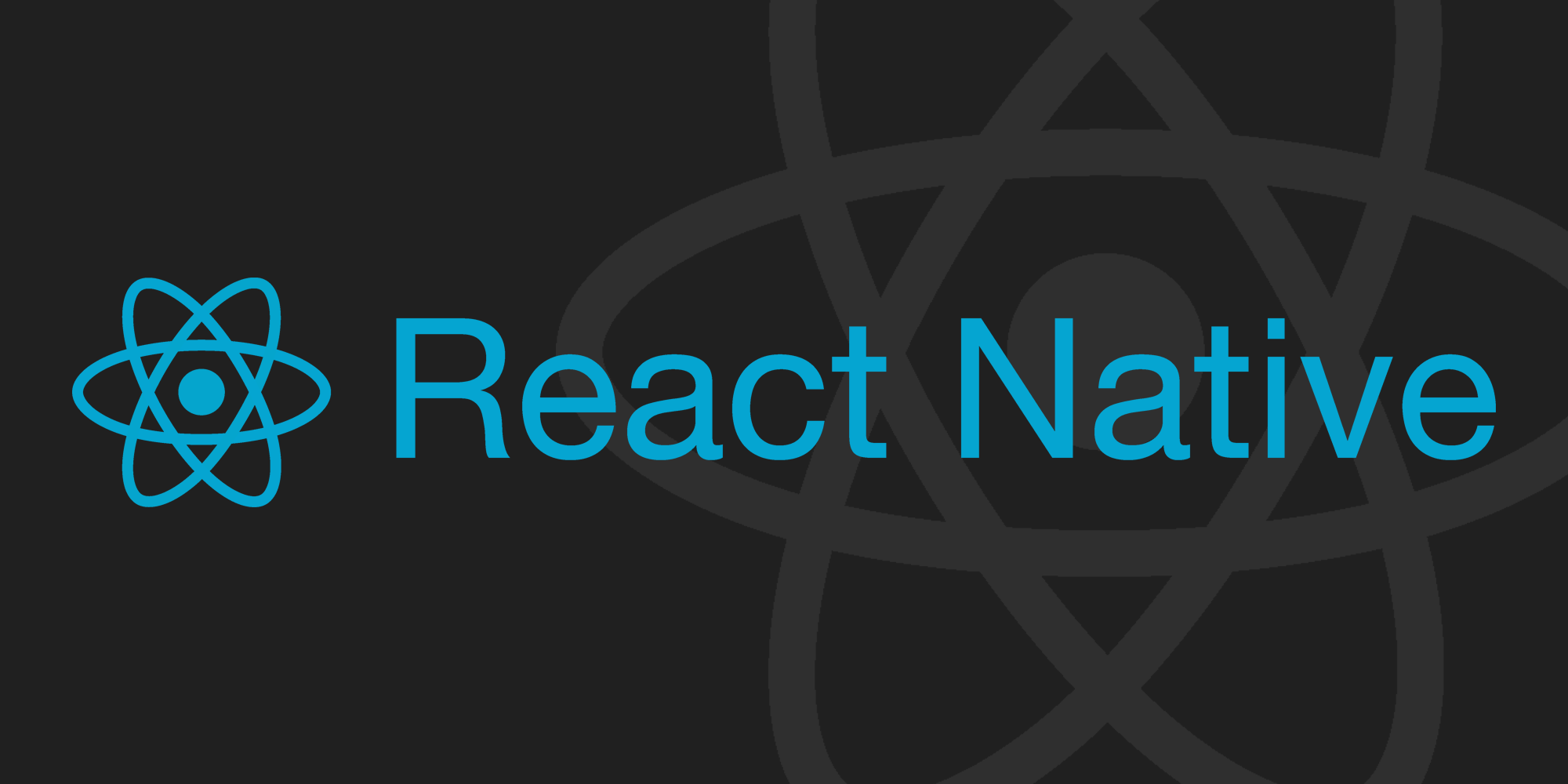
React Native is a Framework built on ReactJS which aims to accelerate the development of mobile applications. It allows developers to create web user interfaces in JavaScript from reusable visual components.
React Native was created by Facebook with a clear objective: to gain productivity, while delivering quality native applications.
React Native helps you develop complete applications that work and look exactly like the native application without even a single line of platform-specific code.
For React Native the data is updated within the native components of your mobile applications.
Elitech Systems today explains the advantages of React Native for mobile development.
Open source
We know that open source projects include a large community of contributors.
React Native also has a very large community of programmers who are constantly working on fixing bugs, improving functionality and helping users with their projects.
5 years after its launch, React Native is one of the most popular projects on Github with more than 2000 contributors and a very active community. The impact of the growth of this community greatly contributed to its success.
The React Native ecosystem is very dynamic, in particular thanks to the support of Facebook but also of other “giants” such as Pinterest, Skype or Uber.
According to Iteracode “The React Native community provides many updates and add-ons . Updates are therefore regular, with responses to relevant issues and extremely fast when we develop our projects. ”
React Native is now adopted by developers and although the framework is still new, it continues to mature and strengthen its position.
Cross Platform
The majority of React Native APIs are cross-platform, which means that your single component will work on both iOS and Android. You can develop complete native applications without writing a single line of code.
There are, however, cases where you need to be platform specific. The design implications, for example, are different on Android and iOS, but React anticipates such cases with its Platform module and file extensions.
The Platform module can detect the operating system on which the application is running, which makes it possible to define platform-specific implementations.
React automatically retrieves the correct file based on the operating system on which the application is running.
it bridges the native iOS and android components and the applications are very native at the end of the development.
Faster development time
Native applications require a huge investment of time on the part of the developer because they are coded natively.
Objective C, Swift for iOS and Java for Android. These applications have a long compilation time and any minor changes to the applications should be pushed and tested in two completely different environments.
With React Native, this development time is reduced because it is possible to share a single code on several platforms. Live reloading allows apps to automatically refresh each time the code is changed, further accelerating development.
React Native is UI focused
React Native focuses exclusively on building a mobile user interface and compares favorably to other frameworks.
A mobile application built with React is more fluid and loads much faster than a conventional hybrid application. Since JavaScript interacts asynchronously with the native environment, the user interface is fluid and very responsive.
Performance
The basic elements of React Native are reusable native components and are compiled on a native platform.
The native components that are used in the iOS or Android platforms are comparable to those of React. Therefore, an app works like a native app with relevant functionality as well as appearance and speed.
The architecture of React Native is largely adapted to the requirements and presents strong performances for mobile environments.
It uses the graphics processing unit, while the native platforms consume more processing speed. Compared to other hybrid frameworks and technologies, it allows you to develop ultra-fast applications and make them more agile.
Conclusion
React Native integrates all native functionality without compromising performance and is well optimized in terms of time, cost and resources. It is relatively new, but it is coming of age.
After reading this article, you will know what React Native has to offer and if it is a good idea for you to develop a multi-browser application for your business.

Comments are closed.